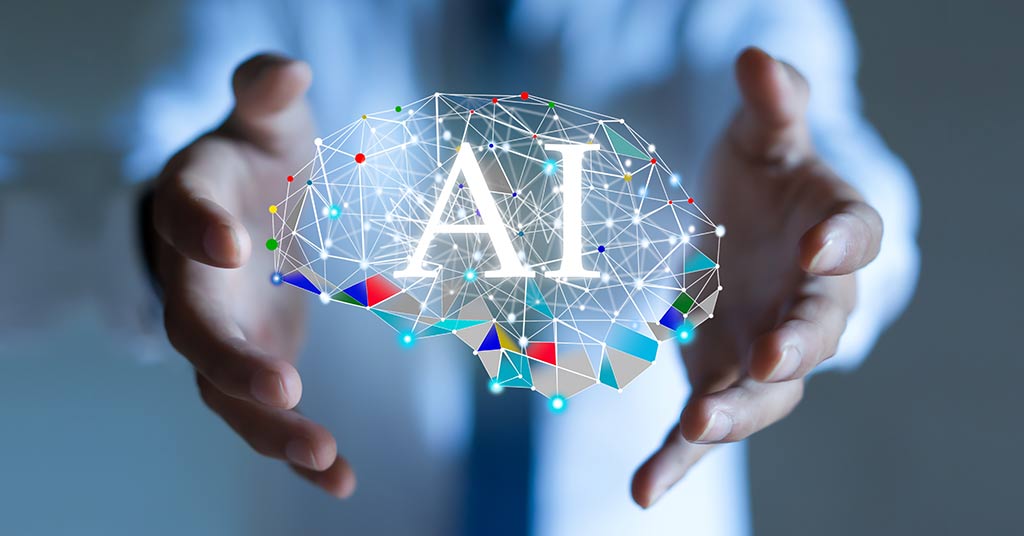In this blog post, we explore the future of OKRs (Objectives and Key Results) with AI technology, how it can enhance our productivity levels, make us more efficient in achieving our desired outcomes, and ultimately change the way we view goal setting as a whole. Join us on this journey to discover the endless possibilities that AI has in store for optimizing both personal and professional growth!
The Benefits AI and Automation Can Bring to OKRs
Organizations that adopt AI and automation into their OKRs stand to see a number of benefits. Perhaps most importantly, AI can help you prioritize your goals and objectives. By understanding the relationships between different goals, AI can help you identify which ones are most important and need to be pursued first.
Additionally, AI can help you track progress towards your goals and objectives, providing valuable feedback that can help you course-correct as needed. Automation, meanwhile, can take care of the tedious and time-consuming task of data entry, allowing you to focus on more strategic work.
How AI Will Transform Goal Setting and Tracking
In the past, goal setting and tracking have been a manual process, often involving a lot of guesswork and subjectivity. This is especially true when it comes to more complex goals that involve multiple team members and/or require frequent adjustments. AI will transform goal setting and tracking by making it easier to identify relevant goals, track progress, and make necessary adjustments in real-time.
For example, let’s say you’re trying to achieve a sales target for your company. In the past, you might’ve had to manually track progress against this target, which can be difficult and time-consuming. With AI, you can set up a system that automatically tracks progress against your sales target. This system can also provide valuable insights into how well your team is performing, where they’re struggling, and what changes need to be made in order to improve results.
AI will make goal setting and tracking more efficient and effective. It will also help organizations to better identify areas of improvement and make the necessary changes to achieve their goals.
Exploring Use Cases of AI Enabled OKRs
As the world progresses, AI is becoming more and more commonplace. So, it’s no surprise that AI is also changing the way we set and track goals. Here are some ways that AI can help you with your OKRs:
Automated goal setting
Using AI algorithms, you can automatically generate goals that are tailored to your specific situation. This can save you a lot of time and energy because you don’t have to manually set goals yourself.
Improved tracking
With AI tools, you can track your progress towards goals in real-time and get detailed feedback on what’s working and what isn’t. This level of granular detail wasn’t possible before, so it’s a huge step forward in terms of goal setting and tracking.
Smarter decision-making
Since AI takes into account a huge amount of data when making decisions, it can help you make better decisions about which goals to pursue and how to best achieve them.
AI is changing the landscape of goal setting and tracking for the better. If you’re not using AI to help you with your OKRs yet, now is the time to start!
Examples of AI Powered OKR Software
There are already a few examples of AI powered OKR software out there. One example is Objectives.com, which uses machine learning to help managers set and track objectives. Another example is 10XWinners OKR, which uses Open AI’s ChatGPT tool to automatically create the OKR templates or suggestions.
These are just a few examples of how AI can be used to power OKR software. As the technology continues to develop, it’s likely that we will see even more innovative applications of AI in this area.
Challenges and Limitations
There are many potential challenges and limitations of AI enabled goal setting and tracking. For example, goal setting AI tools may not be able to accurately or precisely identify all relevant goals for a given organization or individual. Additionally, AI enabled goal tracking may be ineffective if it relies solely on organizational data and does not take into account individual employee behaviour or preferences.
Furthermore, the use of AI in goal setting and tracking may create privacy concerns as employee data is collected and analysed. AI enabled goal setting and tracking may also be subject to bias if the algorithms used by the AI tool are not properly calibrated.
Conclusion
AI is already transforming the world of OKRs and will continue to do so in the future. By leveraging automation, AI can quickly identify key trends and make sure that goals are set correctly for individual team members.
Furthermore, it can track and analyse ongoing performance to help teams continuously adjust their strategy as needed. As organizations become more data-driven, incorporating AI into goal setting processes is essential to ensure they remain competitive. The potential here is truly unlimited!
Contents



 for growth seeking organizations.
for growth seeking organizations.
Comments are closed